July 9, 1776: Robert Rogers, Turncoat
This day in the American Revolution: Robert Rogers, disgraced hero of the Seven Years War and founder of the famous Roger’s Rangers, escapes imprisonment by the Patriots and offers his service to the British. Rogers had attempted to join the rebel cause, but was arrested by Washington, who thought him a drunkard and spy.
The images here portray Rogers Rangers, one of the most effective colonial units of the Seven Years War. Here’s an excerpt from Rogers’ 28 Rules of Ranging:
1. All Rangers are to be subject to the rules and articles of war; to appear at roll-call every evening, on their own parade, equipped, each with a Firelock, sixty rounds of powder and ball, and a hatchet, at which time an officer from each company is to inspect the same, to see they are in order, so as to be ready on any emergency to march at a minute’s warning; and before they are dismissed, the necessary guards are to be draughted, and scouts for the next day appointed.
2. Whenever you are ordered out to the enemies forts or frontiers for discoveries, if your number be small, march in a single file, keeping at such a distance from each other as to prevent one shot from killing two men, sending one man, or more, forward, and the like on each side, at the distance of twenty yards from the main body, if the ground you march over will admit of it, to give the signal to the officer of the approach of an enemy, and of their number,
3. If you march over marshes or soft ground, change your position, and march abreast of each other to prevent the enemy from tracking you (as they would do if you marched in a single file) till you get over such ground, and then resume your former order, and march till it is quite dark before you encamp, which do, if possible, on a piece of ground which that may afford your sentries the advantage of seeing or hearing the enemy some considerable distance, keeping one half of your whole party awake alternately through the night.
4. Some time before you come to the place you would reconnoitre, make a stand, and send one or two men in whom you can confide, to look out the best ground for making your observations.
5. If you have the good fortune to take any prisoners, keep them separate, till they are examined, and in your return take a different route from that in which you went out, that you may the better discover any party in your rear, and have an opportunity, if their strength be superior to yours, to alter your course, or disperse, as circumstances may require.
Source: Wikipedia

